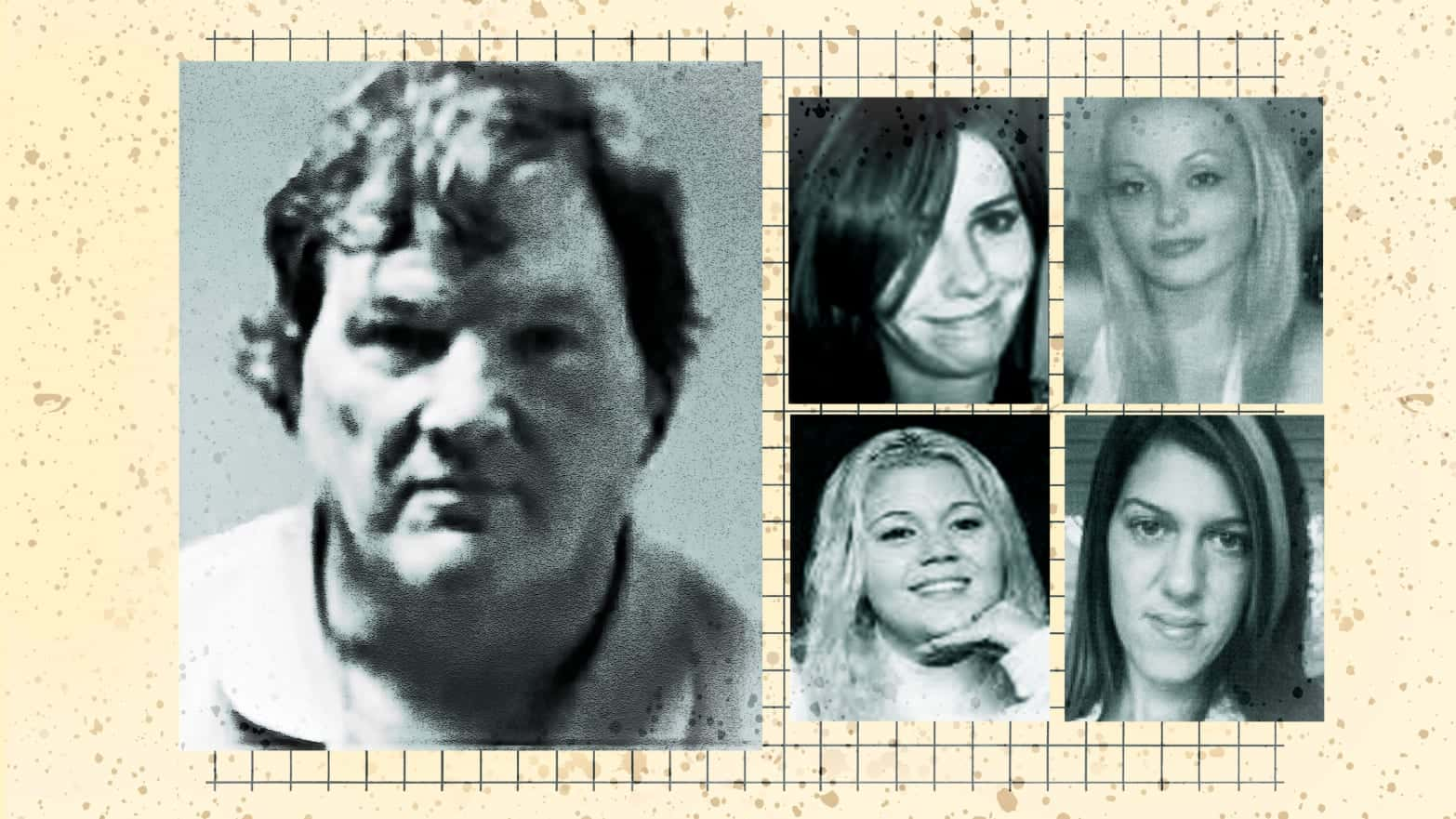According to the Suffolk County District Attorney, a New York architect has been charged with murder pertaining to the deaths of three of the women known as the “Gilgo Four,” in a case that has perplexed detectives for more than ten years in suburban Long Island.

According to investigators, Rex Heuermann was detained for some of the Gilgo Beach crimes, an unsolved case involving at least 10 sets of human remains discovered since 2010. In a statement to his lawyer, Rex Heuermann denied being the murderer.
Cell phone data, credit card statements, and DNA testing helped crack up the case, which ultimately resulted in the arrest of Rex Heuermann, 59, according to the investigators.
Rex Heuermann was charged with one first-degree murder and one second-degree murder in each of the three homicides: Melissa Barthelemy in 2009, Megan Waterman in 2010, and Amber Costello in 2010. According to Ray Tierney, the district attorney for Suffolk County, the grand jury filed the six charges.
According to a bail application from the prosecution, Rex is also the main suspect in the 2007 disappearance and passing of a fourth woman, Maureen Brainard-Barnes. Although Rex Heuermann has not yet been accused of that murder, the investigation “is expected to be resolved soon,” according to the document.
This is the first arrest in the long-dormant case, which terrified villagers and generated different theories about whether a serial killer was to blame. Tierney claims that authorities moved to apprehend the suspect Thursday night out of anxiety that the suspect would hear they were closing in.
Authorities asserted that once Rex Heuermann was identified as a suspect at the beginning of 2022, they monitored him and his family and took DNA samples from discarded items.
The Suffolk County Crime Laboratory identified a male hair from the “bottom of the burlap” the killer used to wrap one of the victims’ bodies during the initial investigation of her skeletal bones and items found in the grave, according to the bail application.
The district attorney asserted that after Rex Heuermann had put a package of unfinished pizza crust in the trash, a surveillance team had later obtained a sample of his DNA from the item.
According to the bail motion, the prosecution cites DNA tests to support its contention that hair believed to belong to Rex Heuermann’s wife was found on or near three of the murder victims. According to the court document, 11 bottles discovered in a trash can outside the Heuermann home were used to collect the DNA.
According to the evidence, Rex Heuermann’s wife and kids were out of the country when the three ladies were killed, Tierney said.
The hairs discovered in 2010 were deteriorated, and DNA testing at the time was ineffective, but advances in technology eventually provided investigators with the DNA answers they required.




